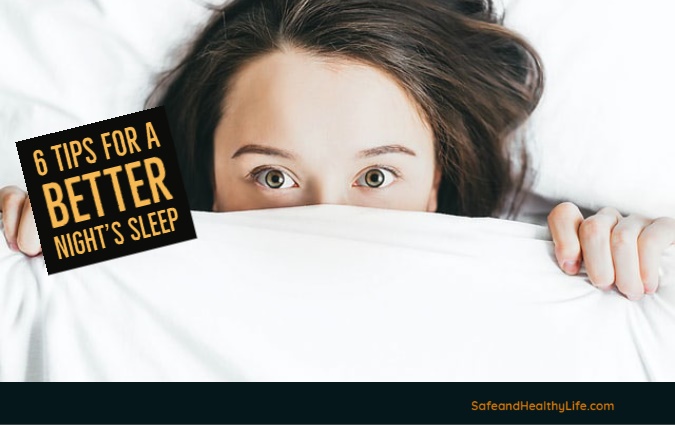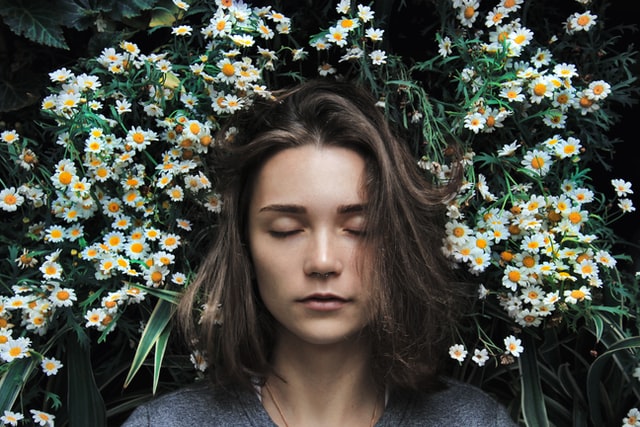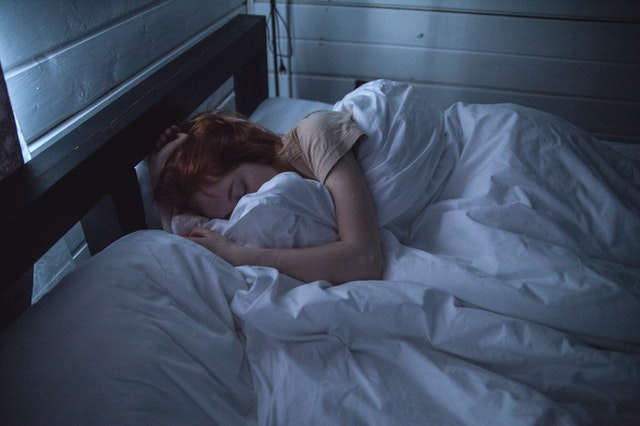
Sleep is the third, and arguably most important pillar of health and wellbeing.
Whilst exercise and nutrition are essential, they are the most obvious steps for improving both our physical and mental health. Sleep hygiene is oft-forgotten but its impact can be substantial.
We used to think that eating healthily and exercising regularly was all we needed but research is showing us that getting enough good quality sleep is extremely important for our wellbeing also.
This PubMed study here, https://www.ncbi.nlm.nih.gov/pmc/articles/PMC6313603/ shows a direct correlation between sleep quality and psychological well-being.
So how do we make sure our slumber is undisturbed and of sufficient quality?
Our first tip is
1) Tech-free bedtime
Remove all tech distractions from your bedroom. Tablets, smartphones, and laptops all emit blue light which reduces your body’s production of melatonin (a sleep hormone)
This causes a disruption to your body’s circadian rhythm and is often the cause of sleep disturbances. https://www.ncbi.nlm.nih.gov/pmc/articles/PMC5703049/
How often do you find yourself scrolling through your Instagram feed right before going to sleep?
Or even worse checking it when you wake at night? This can spell disaster for any hopes of getting a good quality nap.
If you are using any digital device an hour before bed you should try a pair of blue light glasses that block out the harmful blue light and help regulate the production of melatonin to ensure a great night’s sleep. I recommend Sapphire Eyewear, www.sapphireeyewear.com, who also donates a pair to developing countries for every pair they sell.
I would also recommend leaving your phone off completely and because so many of us use our phones as alarms you could try using a body clock light alarm to wake up more naturally.
2) Keep to a sleep routine
If possible, you should try to go to sleep and get up at the same time every day, including weekends.
This keeps your body’s natural internal clock in check and helps regulate your circadian rhythm.
As tempting as it is to stay up late at the weekend and sleep in until midday you should try to avoid it as much as possible and maybe just push it out to an extra hour sleep-in if you need it.
Some people try to catch up on lost sleep at the weekend but this has been scientifically proven to be a myth and we now know that you cannot get back what you lost so trying to stick to as regular a sleep pattern as possible is definitely very beneficial.
If you find you are regularly in a deep sleep when your alarm rings you should try going to bed an hour earlier. It’s much better to wake naturally or at the very least to wake during the light-sleep or non-REM phase of the sleep cycle.
3) Avoid long or irregular daytime naps

Photo by Ann Danilina from Unsplash
Studies show that taking long (over 30 minutes) daytime naps or taking naps at irregular intervals has a detrimental effect on your night-time sleep and confuses your internal clock and circadian rhythm.
Having a power nap of fewer than 30 minutes, on the other hand, can have beneficial effects as it enhances daytime brain functions and does not negatively affect nighttime sleep.
4) Avoid alcohol and caffeine
Alcohol has been shown to alter night-time melatonin production https://pubs.niaaa.nih.gov/publications/arh25-2/101-109.htm and also reduce the levels of HGH (human growth hormone) which plays an important role in regulating your circadian rhythm so avoiding alcohol, especially at a level of 2 units or more is certainly recommended.
Caffeine, whilst having many benefits, is a stimulant and can last for up to 8 hours in your system. It stimulates the nervous system which stops your body from fully relaxing at night so it is recommended to avoid drinking caffeine in the evening and if necessary to switch to decaffeinated coffee later in the day.
5) Create a sleep sanctuary

Photo by Ivan Oboleninov from Pexels
Creating a calm stimulus-free bedroom environment is key for a good night’s sleep. Keeping your room quiet, dark, and cool is important as well as making sure the room is uncluttered.
Noise can be a problem depending on your circumstances and even when we are asleep our brains are aware of the noise around us so if you are not lucky enough to have a completely quiet bedroom location you can try
- Closing your windows
- Wearing earplugs
- Use a sound machine (white noise)
- Use an air conditioner or fan
6) Diet and supplements
Eating a well-balanced diet that is high in fiber and low in sugar and saturated fats have been shown to improve the quality of your deep, slow-wave sleep.
Foods that are rich in B vitamins such as poultry fish eggs and meat are all important as Vitamin B is important in the production of melatonin.
Avoiding spicy foods, foods high in saturated fats and carbonated drinks that can all cause heartburn is a good idea for a night of uninterrupted night sleep.
The best supplements to aid sleep are
- Melatonin
Melatonin is a naturally occurring sleep hormone that can be taken as a supplement and can be found naturally in meat, eggs, and nuts
- Vitamin B
Vitamin B and more specifically Vitamin B6 are important for good quality sleep. It produces serotonin which in turn is necessary for melatonin production. Good sources of Vitamin b include chickpea, potatoes, and bananas.
- Valerian
Valerian is often consumed in tea and tea blends and has been shown to help sleep by improving our deep sleep and reducing stress.
- Magnesium is quite an abundant mineral in our bodies and it plays a very important role in sleep by maintaining a healthy level of GABA which is a neurotransmitter that promotes sleep. https://www.ncbi.nlm.nih.gov/pmc/articles/PMC3703169/
Although sleep is a very important pillar of our health and wellbeing all three elements (diet, nutrition, and sleep) are synergistic and equally as important as each other, so eating well and exercising, as well as following the above tips are optimal for a great night’s sleep.
About The Author:
Seamus Flynn is an optometrist and a pharmacist. He is co-founder of an eyewear brand called Sapphire Eyewear along with his wife Dr. Dearbhaile Collins. He is a frequent contributor to health and wellbeing topics with a special interest in vision and pharmaceuticals.

![[Infographic] Exploring Sleep Debt: Strategies for a Restful Night's Sleep Exploring Sleep Debt: Strategies for a Restful Night's Sleep](https://www.safeandhealthylife.com/wp-content/uploads/2024/01/Sleep-Debt-150x150.webp)


